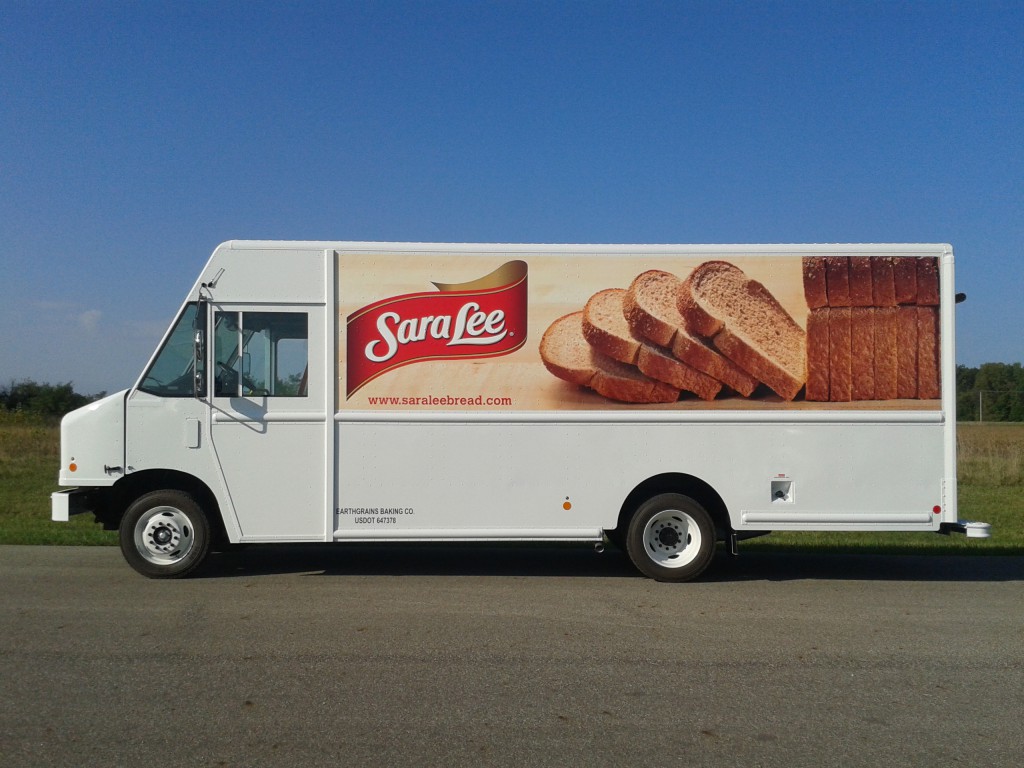Media Room
Bimbo chooses Autogas vehicles to deliver products

Bimbo Bakeries USA (BBU) is delivering its bread and baked goods in vehicles fuelled by emissions-reducing, domestically produced LPG. The company’s 84 new Ford F-59 trucks, equipped with ROUSH CleanTech fuel technology, operate in three of BBU’s major markets.
“Bimbo Bakeries USA introduced propane autogas vehicles into our Chicago, Denver and Washington, D.C., regions to help accomplish our corporate environmental goals while lowering our bottom line,” said Gary Maresca, senior director of fleet services for BBU. “This initiative is the latest in our company’s continued effort to reduce our carbon footprint.”
Each new Autogas fuelled delivery truck will cut carbon dioxide emissions by about 192,000 pounds compared to gasoline. That equals 16.1 million fewer pounds over the lifetime of the fleet. Along with environmental benefits, BBU selected propane autogas trucks for their low up-front costs, minimal impact to operations, and stability of fuel costs.
In January, 30 units began operating from the company’s Chicago-area location, and 27 units began operating from its Denver-area office. The remaining 27 units that will serve the Washington, D.C., region will begin making deliveries this month. These alternative fuelled trucks work as route vehicles delivering BBU products, such as Thomas’, Oroweat, Entenmann’s and Sara Lee, to retail locations.
“Bimbo Bakeries seamlessly integrated our fuel system technology into three of its key markets,” said Todd Mouw, vice president of sales and marketing for ROUSH CleanTech. “We helped train their technicians on the specifics of servicing our propane autogas Ford F-59 trucks. These professionals are already familiar with Ford products and value the factory warranty that stands behind each ROUSH CleanTech vehicle.”
BBU installed on-site fuelling stations at each location, eliminating the need to refill at retail stations. Maresca expects to see a reduction in operational costs as a result of the lower fuel prices as well as maintenance savings due to the cleaner-burning properties of the fuel.
